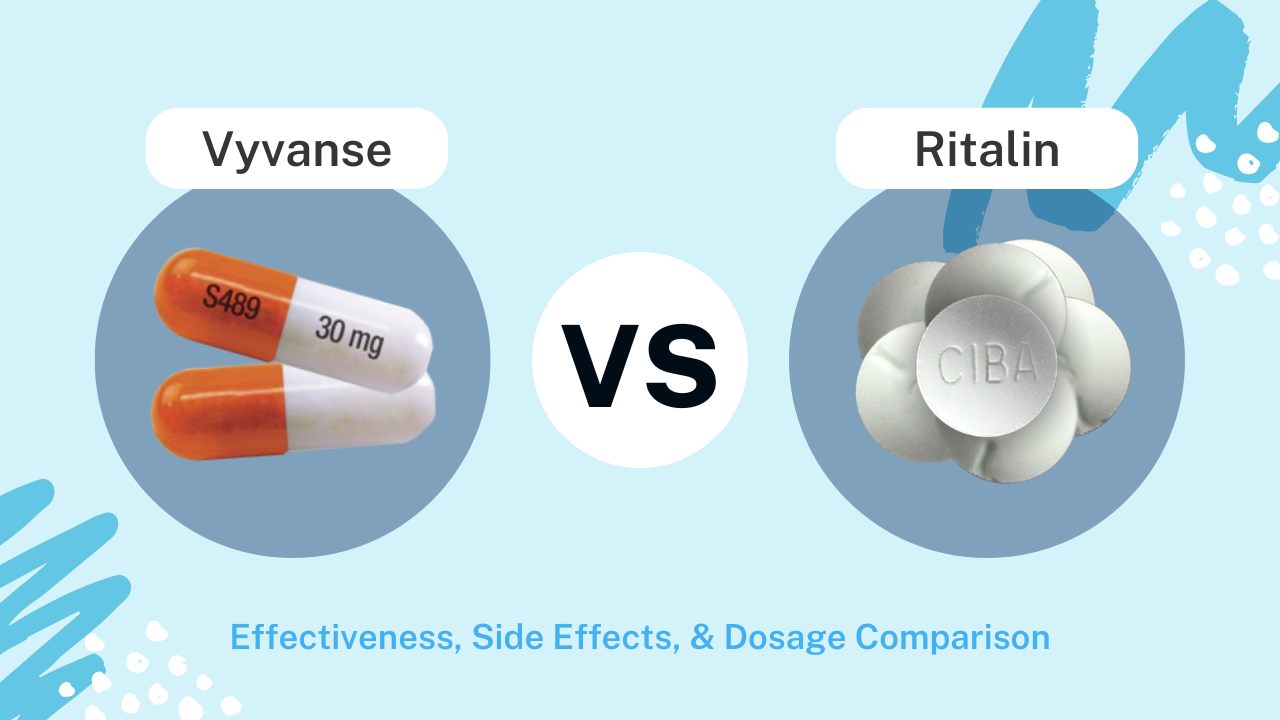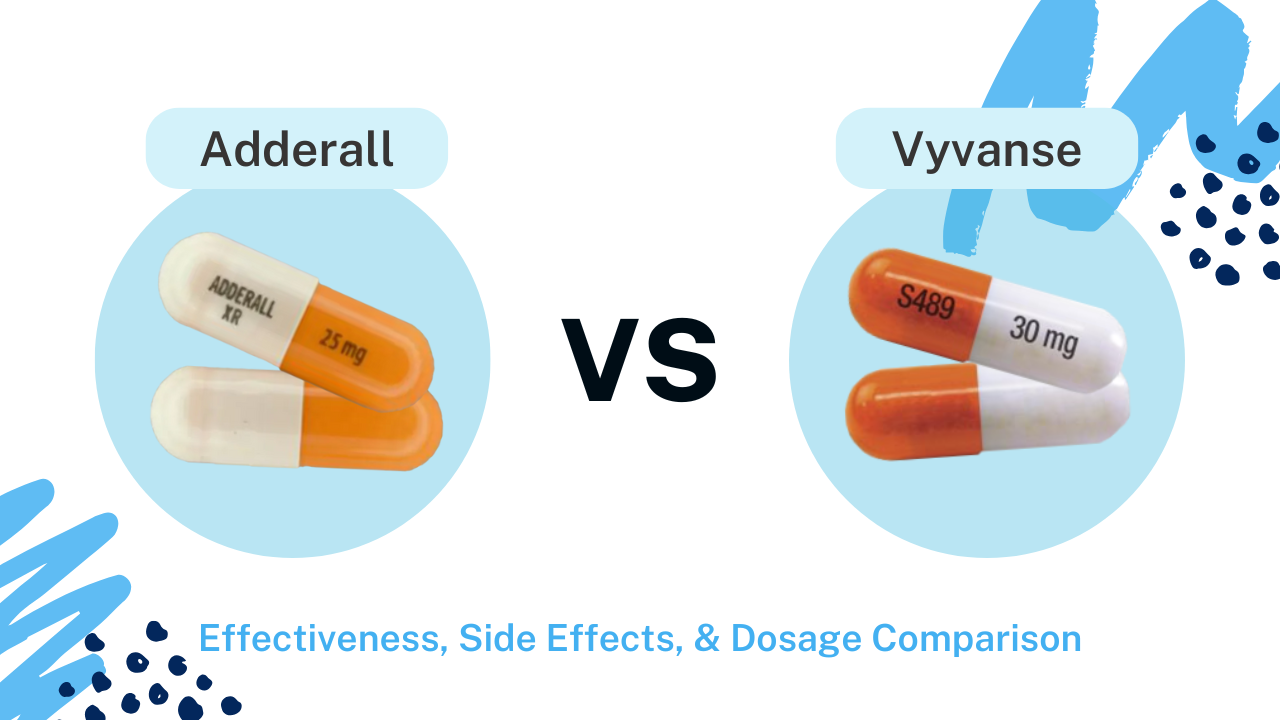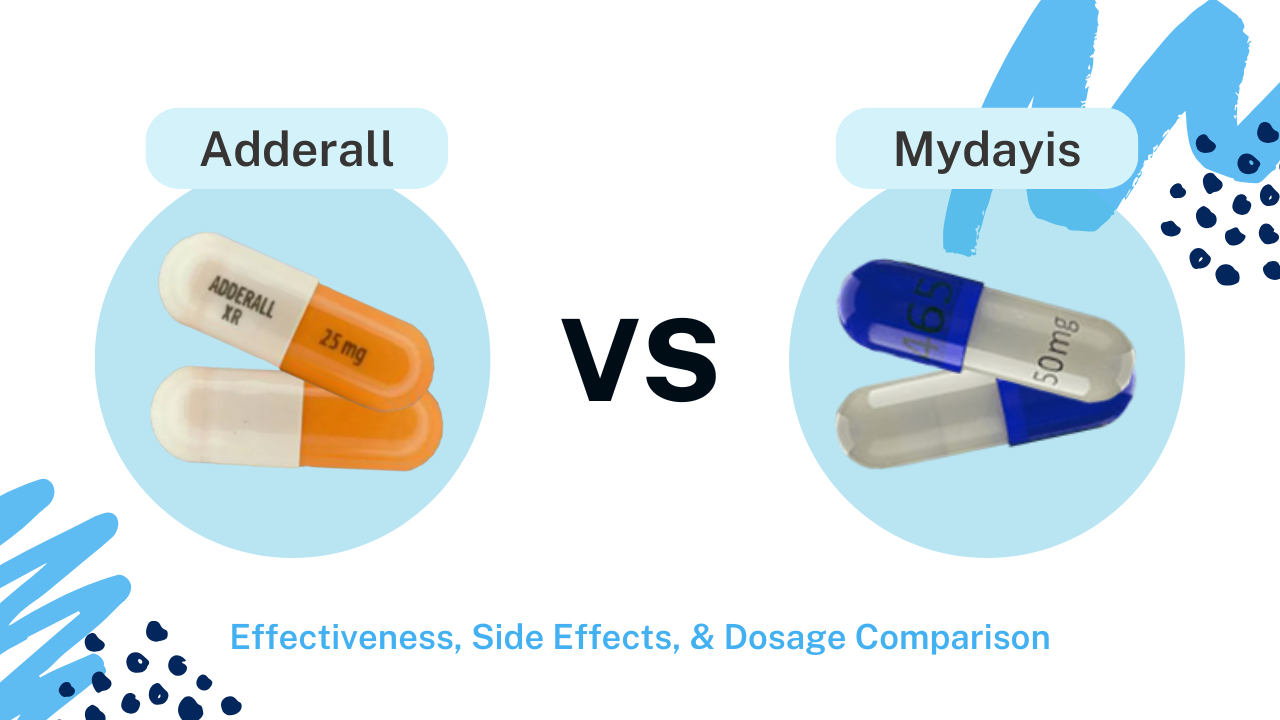Same Day Online ADHD Diagnosis
ADHD assessment?
Some days, you’re on fire. If that deadline is Friday morning, you’re up all Thursday night trying to make sure it gets done. Except, you could have done it days earlier; you just had zero motivation to do it. On Monday, you told yourself you’d get up early, go to the gym, and work for a few hours every day this week, but in the end, you doomscrolled and watched way too much reality TV. The problem is, this happens all the time. Even in university, focusing, studying, and finishing things on time looked easier for everyone else.
For many women, ADHD doesn’t look like what we’ve been taught to expect. There’s no bouncing off the walls or constant interruptions. Instead, it hides behind emotional overwhelm, procrastination, perfectionism, and trying to “keep it together.”
This article explains why ADHD goes undiagnosed in women, how symptoms show up differently, and how online diagnosis options make it easier than ever to get clarity and support.
The Hidden Struggles of Women With ADHD
Ever felt like you’re “too much” and “not enough” at the same time? Maybe you think you’re too sensitive, too distracted, and too disorganized — but you have all this potential and still try so hard (and not enough, since procrastination is a part of daily life).
Those kinds of feelings are common in females with ADHD. You probably spend your days jumping from one idea of what you “should” do to the next, but you never quite get things done. Overwhelm and forgetfulness are the norm, along with beating yourself up.
To outsiders, it might look like you’re brilliant but scattered, not living up to your potential. Or, you might mask things so well that no one has a clue what your inner world looks like. After all, women are often trained since childhood to be people pleasers and not rock the boat.
Why ADHD in Women Often Gets Missed
Since boys tend to have hyperactive and impulsive ADHD, their symptoms are more obvious (and thought to be disruptive in classrooms). For example, they might:
- Struggle to sit still
- Appear more aggressive
- Interrupt others frequently
- Have difficulty managing intense emotions
Meanwhile, girls and women are more likely to have inattentive ADHD. This type is easier to internalize and mask, making it less obvious to outsiders. For example, girls and women are more likely to be quietly overwhelmed, zone out, or try to compensate by overachieving or people-pleasing.
Women also tend to have higher rates of depression, anxiety, and eating disorders (often due to decreased self-esteem from ADHD difficulties). Since many of those symptoms overlap with ADHD, it can be hard to tell if it’s a neurological issue or not.
Finally, there’s also a gender bias in research. One paper looked at 70 studies on ADHD in the Journal of Abnormal Child Psychology. They found that 81% of participants were male, and only 19% female. For decades, the ADHD “norm” was based on how it looked externally, leaving the focus on boys.
How ADHD Symptoms Present Differently in Women
Symptoms common in women with inattentive ADHD look like:
- Distraction
- You struggle to work on boring tasks and notice noise, sights, or smells more.
- Disorganization
- Time gets away from you, and cleaning out clutter feels legitimately painful.
- Forgetfulness
- You forget what you were about to do, or lose stuff, all the time.
- Emotional dysregulation
- Emotions come on intensely and take over your thoughts, making it hard to calm down after stress or conflict.
- Overthinking and self-criticism
- Ruminating is your norm, along with beating yourself up for not “doing better.”
- Perfectionism and people-pleasing
- You overcompensate for the inner chaos by being agreeable or trying to make it look like you’ve got it all together.
- Procrastination and chronic overwhelm
- Every little task or errand feels like too much, and procrastination is the only thing that gives relief, even though you know it only adds more stress later.
The Consequences of Late ADHD Diagnosis in Women
Not knowing there’s an extra reason why daily life feels so hard can seriously impact your self-perception (and it’s already hard enough with hustle culture and overstimulation everywhere).
Overall, all the added challenges that come with ADHD can make you wonder why you react the way you do and increase self-criticism. Years of not feeling good enough or not knowing how to manage your emotions or day can lead to:
- Burnout: Constantly trying to match society’s ideas of “success” while having a hard time organizing and starting tasks is a recipe for stress, depression, and anxiety.
- Low Self-Esteem: We live in a society where education around emotional intelligence and self-compassion barely exists. After years of feeling behind and not understanding why you can’t just “get it together,” it’s completely understandable that you would beat yourself up.
- Missed Opportunities: When things feel hard and self-confidence is lacking, it’s easy to assume you “just aren’t cut out for it.” Whether it’s a promotion, grad school, or starting your own business, you might feel like you have potential, but you just can’t make it work (so what’s the point in trying?).
- Relationship Struggles: Since anxiety and low self-esteem are easy to develop with undiagnosed ADHD, reactivity can be extra high. Relationship misunderstandings and frustrations can grow, especially when your partner, friends, or family might not know there’s a reason behind certain behaviors.
How an Online ADHD Diagnosis Can Make a Difference
An ADHD diagnosis can be life-changing. Rather than feeling alone or at fault for your struggles, you have a massive community of support and tools available to you.
The impact on self-esteem alone is massive. When you stop talking to yourself like you’re failing and start recognizing what you’ve been navigating all along, your relationship with stress, productivity, and self-worth can shift.
Here’s what you might notice after an ADHD diagnosis:
- Validation and Relief: Now, all those challenges you’ve struggled with make sense. You don’t have some character flaw or lack of willpower; your brain just works a little differently (and very similarly to countless other people who are looking for answers just like you).
- Confidence and Clarity: Understanding your behavior makes self-compassion easier. It also helps you recognize the unique strengths that come with how your brain works — and learn what challenges are rooted in neurodivergence, so you know where to focus your support.
- Structured Strategies and Community Support: With a diagnosis, you get direction. You can focus on the specific tools you need (i.e, better direction in therapy or coaching, finding specific support groups, or potentially, medication).
What the Online Diagnosis Process Looks Like
Getting an online ADHD diagnosis means you can avoid long waitlists, high costs, and feeling awkward or alone. Awareness around ADHD is growing, especially in adult women, making even the online process smoother and more inclusive.
If you’re interested in finding out fast if you have ADHD, along with getting treatment, here’s how to start with ADHD Advisor:
- Take the free online ADHD test.
- If it points towards ADHD, schedule a virtual adhd assessment (a licensed clinician in your state will be assigned to you), and fill out standardized questionnaires.
- Get your diagnosis and treatment plan (which may include a prescription for medication online, if needed).
With ADHD Advisor, you may be able to schedule your appointment the same day and get your results within hours of getting started.
Real Stories of Women Finding Answers Later in Life
As a therapist, I’ve seen the common themes of relief, validation, and new beginnings that come from a late ADHD diagnosis. It can completely change how you see yourself (and make self-compassion easier). You don’t have to feel like it’s all your fault anymore. Plus, you can feel incredibly supported by other women going through the same realization.
At first, there’s usually some fear or worry around having it — will you feel like something’s “wrong” with you? That fear tends to pass as you understand it’s just a matter of a few brain and chemical differences, and now you can do something about it. Also, joining online forums or support groups can bring that wonderful feeling of, “Oh, it’s not just me!” You don’t have to feel so alone anymore.
All those times you felt lazy, scattered, and frustrated didn’t mean you were a failure — it meant you were How does time keep getting away from you? You mean to do the work, but things keep popping up, taking your attention away. The work might get done in the end, but it’s a frantic last-minute pull that you always wish you could’ve done earlier. Plus, you didn’t cook or go to the gym like you said you would, and you couldn’t even be bothered to respond to your friends’ texts — why does time management feel so hard? . Now, though, you can find your tribe and get the right support.
Many women dive into podcasts and books (and ADHD influencers), and finally feel justified in getting therapy or coaching (which now might be covered by insurance). With a diagnosis, the journey shifts from self-blame to self-discovery.
FAQs
Can ADHD develop in adulthood in women?
ADHD develops in childhood, but it can appear more obvious later in life. This is often because adults have more stress to manage, making symptoms more obvious.
Will an online ADHD diagnosis be taken seriously by doctors?
Yes, a legitimate diagnosis can be done online through a reputable service with a licensed mental health provider.
How do I know if I need an evaluation?
If you relate to the lists of symptoms, like feeling chronically overwhelmed and disorganized, it might be worth it to try a free online ADHD test. From there, you’ll get a better idea if getting the diagnosis is worth it for you.
It’s Never Too Late to Understand Yourself Better
Whether you’re 19 or 54, finding out you have ADHD can put you on the path to self-discovery — and a better quality of life.
With a diagnosis, the mental chaos, emotional roller coasters, forgetfulness, and chronic overwhelm make more sense. And that understanding alone can bring a kind of peace you didn’t know you were looking for.
A diagnosis also gives you the chance to experiment with tools that are specifically designed for your brain. It lets you ask for the support you really need — at work, in relationships, in therapy — without shame or apology. And maybe most importantly, it gives you permission to stop being so hard on yourself.
If you’re ready for clarity, take the first step with a free online ADHD test to see if you’re more likely to get a diagnosis. The process is private, professional, and tailored for adults who’ve gone their whole lives not understanding that there’s an answer out there to answer their questions.























